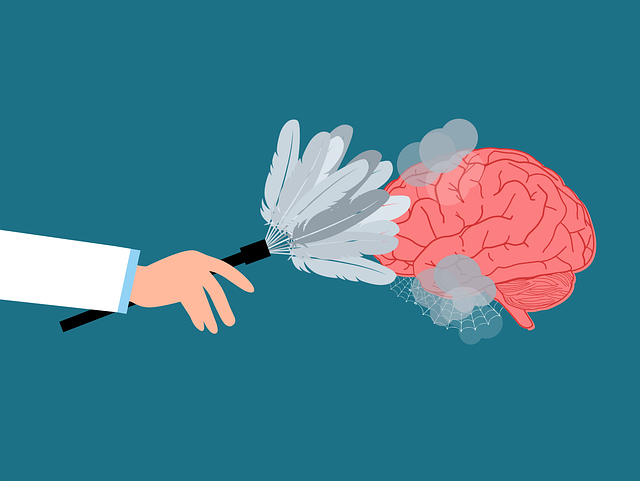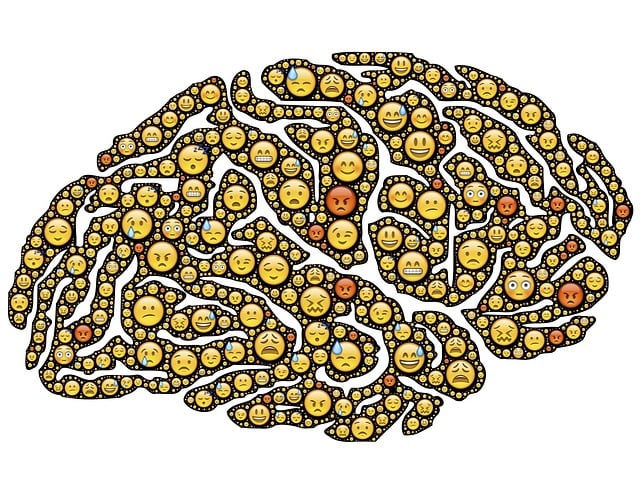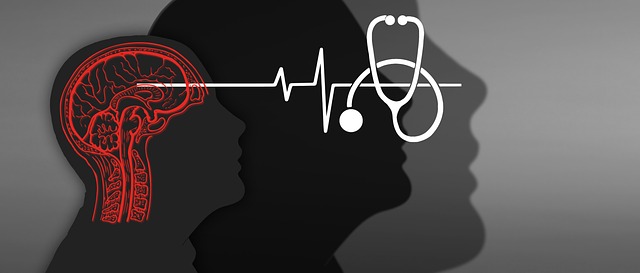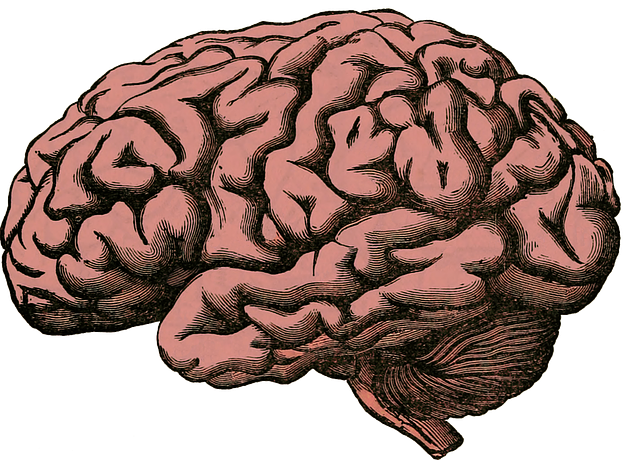Cultural competency in healthcare is essential for providing respectful and effective care to diverse patients, as highlighted by the Littleton French Speaking Therapy services. By offering therapists with shared linguistic and cultural backgrounds, this approach enhances communication, improves diagnosis, and personalizes wellness techniques. Incorporating social skills training and holistic healing practices, it builds trust, addresses trauma, and cultivates empathy, significantly improving outcomes for French-speaking individuals in Littleton. Effective communication, community outreach, and cultural sensitivity training are key to serving diverse populations, with measurement tools ensuring program quality and guiding future enhancements.
Healthcare provider cultural competency training is an evolving necessity, especially in diverse communities. This article explores a structured framework for enhancing patient care through cultural sensitivity. We delve into innovative approaches like the Littleton French Speaking Therapy, highlighting its unique perspective on navigating linguistic and cultural barriers. By examining strategies to overcome communication challenges and measuring the impact of such programs, healthcare professionals can ensure equitable and effective patient outcomes.
- Understanding Cultural Competency in Healthcare: A Necessary Framework
- The Littleton French Speaking Therapy Approach: A Unique Perspective
- Identifying and Overcoming Barriers to Effective Communication
- Enhancing Patient Care through Cultural Sensitivity Training
- Measuring Success: Evaluating the Impact of Cultural Competency Programs
Understanding Cultural Competency in Healthcare: A Necessary Framework

Cultural competency in healthcare is a vital framework that ensures providers offer quality care to patients from diverse backgrounds and cultures. This involves understanding and appreciating different beliefs, values, and practices, enabling effective communication and building trust between healthcare professionals and their patients. It’s not just about treating symptoms but also addressing the unique needs and perspectives of each individual, fostering an inclusive environment.
For instance, in Littleton, French-speaking therapy services play a crucial role in enhancing cultural competency. By providing access to therapists who share similar linguistic and cultural backgrounds, patients feel more at ease, encouraging open discussions about their health concerns. This approach not only facilitates better diagnosis but also promotes stress reduction methods and emotional well-being promotion techniques tailored to the patient’s specific needs. Moreover, social skills training can be integrated into these sessions, enhancing communication, which is essential for successful healthcare delivery.
The Littleton French Speaking Therapy Approach: A Unique Perspective

The Littleton French Speaking Therapy Approach offers a unique perspective on cultural competency within healthcare. This therapeutic model recognizes the profound impact that shared language and cultural background can have on the healing process. By providing services in French, this approach not only caters to the linguistic needs of French-speaking individuals but also fosters trust and understanding. It acknowledges the importance of feeling heard and understood, addressing a critical gap in cross-cultural healthcare interactions.
Incorporating Trauma Support Services, Inner Strength Development, and Compassion Cultivation Practices, the Littleton French Speaking Therapy Approach prioritizes holistic healing. This inclusive model aims to empower individuals by validating their experiences, encouraging resilience, and cultivating empathy between therapists and clients. By embracing this unique therapeutic avenue, healthcare providers can significantly enhance their cultural competency, ultimately improving outcomes for diverse patient populations.
Identifying and Overcoming Barriers to Effective Communication

Effective communication is a cornerstone of quality healthcare, yet numerous barriers can impede this process, particularly in diverse communities. One significant challenge lies in overcoming language and cultural differences, especially when serving populations with limited English proficiency, such as those speaking French or other languages. In areas like Littleton, where cultural diversity thrives, healthcare providers must be equipped to connect with every patient. This involves integrating specialized services like French-speaking therapy into their practices, ensuring accessibility and comfort for patients from various backgrounds.
Community outreach programs play a pivotal role in identifying and addressing these barriers. By implementing initiatives that promote cultural competency training, healthcare institutions can foster an environment where all patients feel heard and understood. Through these programs, providers learn to adapt communication strategies, consider non-verbal cues, and gain insights into different cultural perspectives. This not only improves patient satisfaction but also facilitates better assessment and treatment of mental health concerns, such as anxiety relief and coping skills development, tailored to each individual’s unique needs and cultural context.
Enhancing Patient Care through Cultural Sensitivity Training

Cultural sensitivity training plays a pivotal role in enhancing patient care, especially in diverse healthcare settings where patients come from various ethnic and cultural backgrounds. By providing this type of training, healthcare providers can significantly improve their ability to connect with patients, understand their unique needs, and offer personalized treatment. This is particularly relevant for communities like Littleton’s French-speaking population, ensuring that all patients receive quality care tailored to their cultural nuances.
The benefits extend beyond improved patient-provider communication. Such training often incorporates stress management workshops and coping skills development, empowering healthcare workers to address the psychological aspects of cultural differences. Encouraging positive thinking and emotional intelligence among staff can create a more welcoming environment for patients, fostering better outcomes and stronger patient satisfaction, especially when dealing with sensitive issues that may be influenced by cultural beliefs or practices.
Measuring Success: Evaluating the Impact of Cultural Competency Programs

Measuring success is a vital component of any effective healthcare provider cultural competency training program, such as Littleton French Speaking Therapy. Evaluating the impact allows organizations to understand the value and effectiveness of their initiatives. This process involves assessing both qualitative and quantitative data before and after implementation. By surveying participants, collecting feedback from patients, and analyzing clinical outcomes, institutions can gauge progress.
For instance, improved emotional regulation among healthcare staff, as measured through pre-post training assessments, indicates successful enhancement of cultural competency. Additionally, risk management planning for mental health professionals becomes more robust with evidence showing reduced incidents of miscommunication or cultural misunderstandings that could impact patient care and safety. These evaluations not only ensure the program’s quality but also guide future improvements, ensuring that resources are allocated effectively to address areas needing further development.
Healthcare provider cultural competency training, as exemplified by the innovative Littleton French Speaking Therapy approach, is a vital component in enhancing patient care and ensuring equitable access to quality healthcare services. By addressing communication barriers and fostering cultural sensitivity, these programs can significantly improve health outcomes for diverse populations. The successful implementation of such initiatives, as measured through rigorous evaluation, not only improves patient satisfaction but also strengthens the overall healthcare system by promoting inclusivity and understanding.














